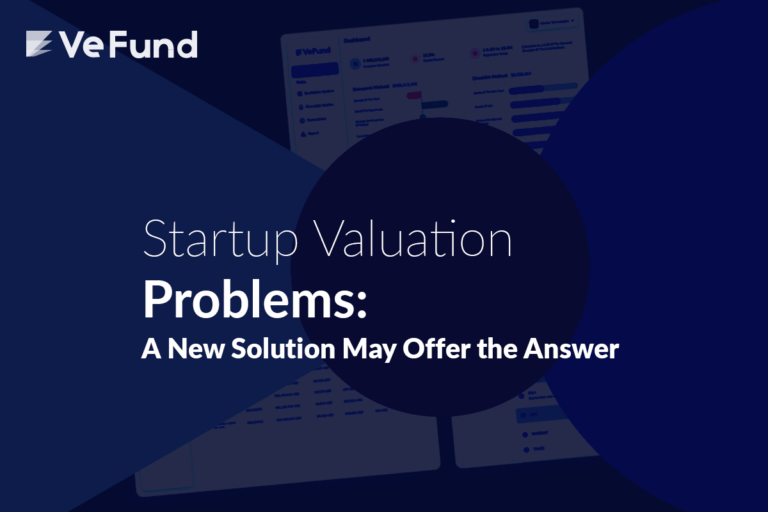Investor’s Toolkit: Performing Due Diligence on Pre-seed and Seed Startups
Due diligence is the process of fact-checking the target company or property. This includes auditing, investigation, and reviewing performance. It is best described as a structured process to investigate the target company before committing capital.
In large companies, large mergers, for instance, the due diligence process can take a hectic amount of time with a dedicated team. This is due to all the details and analytics involved in large corporations.
In early-stage startups, however, due diligence is relatively much easier. There is not much history and complications involved within an early-stage company. By early-stage here we mean pre-seed and seed startups.
For these early startups, we can use these six aspects as a checklist to guide us through the due diligence process.
Six Aspects to Evaluate in Due Diligence for Early-stage Startups
1. Team
The earlier the company’s stage, the more dependent it is on the founding team. The team’s strength is arguably the most significant factor in the early stages.
Here are sample questions to use:
- Do the founders have the experience they claim? Run a background check on them and fact-check their social media.
- Are they aware of their business? Do they seem competent to run it?
- How well is their relationship with each other?
- Does their mix of characters seem competent to endure running a startup?
2. Business
Here the goal is to understand everything about the company from idea to business model and financial goals.
- Verify the idea.
- Verify their plan on using the fund and their overall funding strategy.
- Request the cap table.
- Check their valuation and the factors involved.
- What do they own? Inventory? IP?
3. Market
This is where you should know everything related to customers, market size, and competition.
- Who is the customer and who pays the company?
- Who are the competitors?
- What is the product differentiation from the competition?
- What is the demand and market size?
- Is the pricing strategy sound?
4. Technology and Product
The purpose here is to investigate the product they built, or planning to build, the demand for it, and potential conflicts.
- If the product hasn’t been made, is it achievable?
- Is their product a brand-new innovation or a variation from existing products?
- Is their product applicable for IP protection?
- Is the product exposed to IP conflicts?
- If they launched, what is the current feedback on user experience?
5. Finance
Here you should fact-check all the historical financial data and projections.
- How realistic are the financial projections?
- Fact-checking the historical accounting data.
- Have they raised any capital before whether from professionals or friends & family?
- Will they need more funding in the future?
- What are the current financial commitments and their orders? (salaries, creditors, vendors)
- What are the taxation policies within the country?
6. Legal
Review all legal concerns. Here is a template prepared by Angel Investment Network to guide you.
Conclusion
The purpose of this article is to give you a taste of the process of due diligence for early-stage startups. Use it as a guide to nudge you for ideas to formulate the process you will use for your subject startup.
Looking to screen startups through in-depth applications and AI tools? Join us at VeFund.







